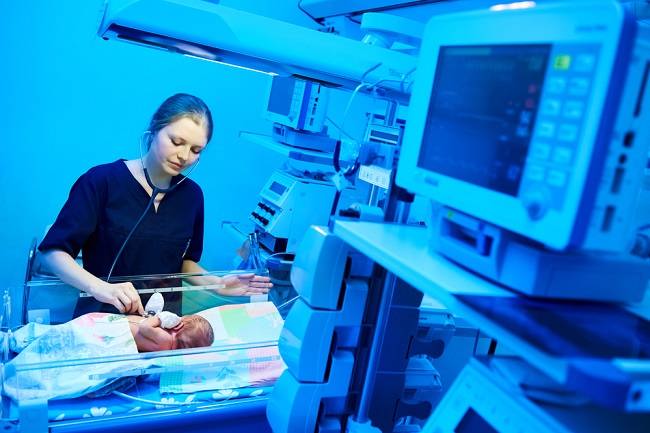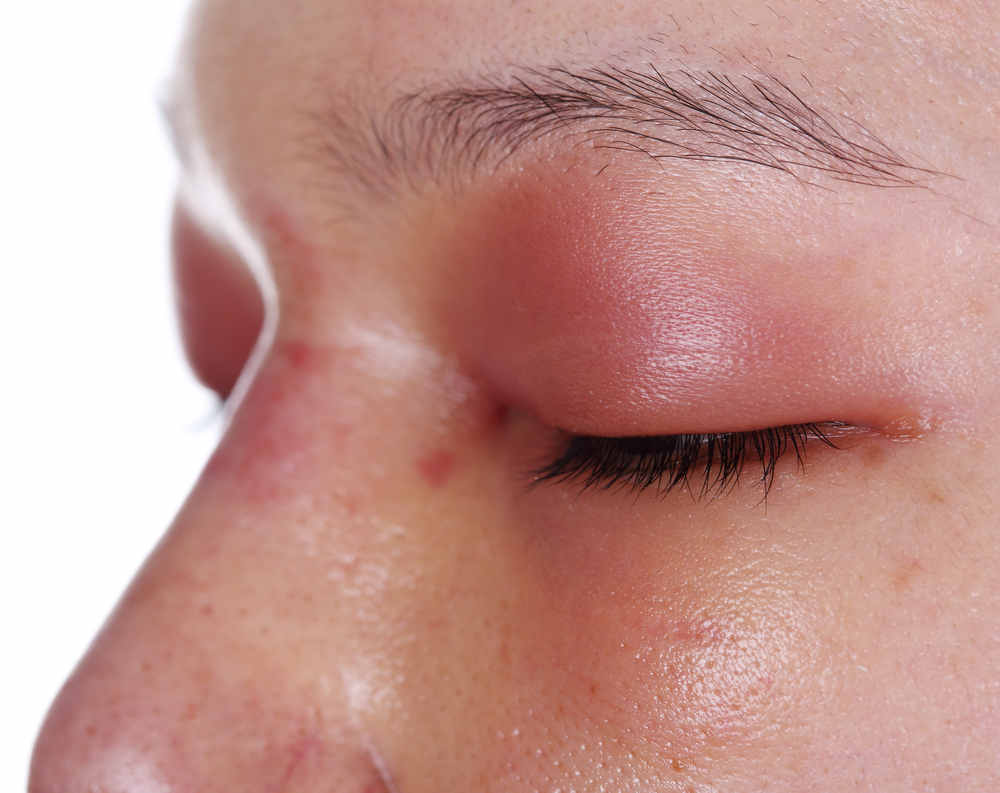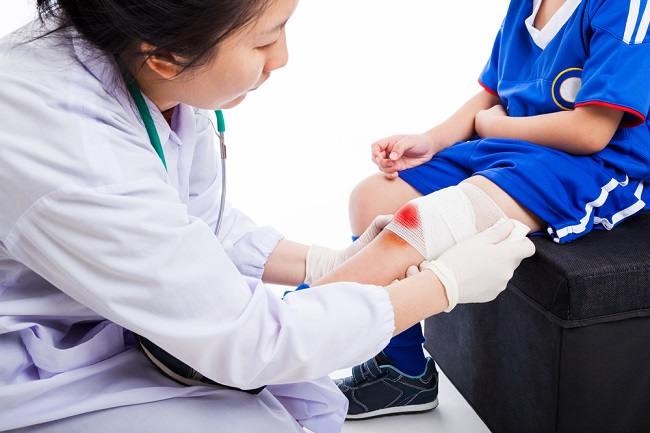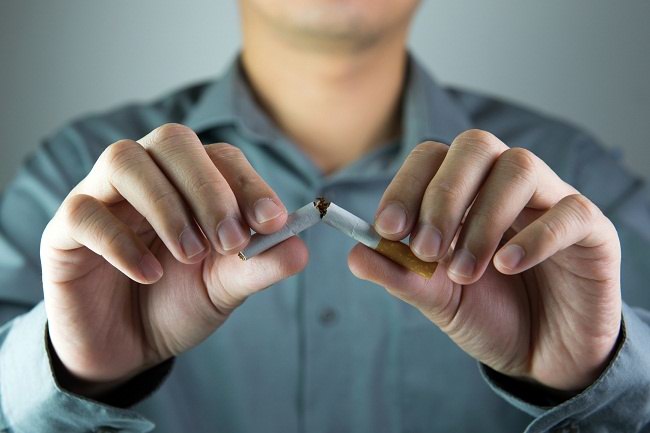Not only as the main requirement, receiving vaccines before performing the Hajj or Umrah is important to protect the body from various diseases. Thus, you will be safer and more comfortable when worshiping.
During the Hajj and Umrah pilgrimages, interaction and direct contact with thousands of pilgrims from all over the world is inevitable. In addition, the differences in climate and time between Indonesia and Saudi Arabia make the body have to adapt to the local environment and be susceptible to disease.

To protect yourself and others during Hajj or Umrah, you need to be vaccinated to prevent transmission and reduce the risk of getting dangerous bacterial and viral infections.
Various Hajj Vaccines You Need to Get
The following are some types of vaccines that you need to get before performing the Hajj or Umrah pilgrimage:
1. Meningitis vaccine
Meningitis is an infection that causes inflammation of the membranes that protect the brain and spinal cord. This disease is at high risk in certain regions, including Saudi Arabia, where Muslims perform the Hajj and Umrah pilgrimages.
To prevent the transmission of the disease, every pilgrim who will perform the pilgrimage and Umrah is required to get the meningitis vaccine first. This is even one of the requirements that must be met by pilgrims to obtain a visa.
After undergoing the meningitis vaccination to leave for Hajj, you will receive a certificate stating that you have been vaccinated.
2. Vaxin pneumonia
Pneumonia vaccine is given to prevent disease caused by bacterial infection S. pneumoniae or pneumococci, including pneumonia and meningitis.
This vaccine is highly recommended for prospective Hajj and Umrah pilgrims with certain conditions, such as the elderly aged 65 years and over, children, and people who have chronic diseases, such as diabetes, asthma, kidney disorders, or heart disease.
3. Vinfluenza axin
Influenza vaccine is recommended for Hajj and Umrah pilgrims who are children, the elderly, and pregnant women. In addition, this vaccine also needs to be given to Hajj and Umrah pilgrims who have certain conditions or diseases, such as:
- Asthma
- Chronic heart failure
- Chronic lung disease
- HIV/AIDS
- Metabolic disorders
- Overweight or obesity
4. COVID-19 Vaccine
In the midst of the COVID-19 pandemic, the government of Saudi Arabia advised prospective Hajj and Umrah pilgrims to get the COVID-19 vaccine. In addition, the applicable health protocols must be implemented to prevent the transmission of the Corona virus during worship.
During this pandemic, the government of Saudi Arabia also requires that every pilgrim be in good health and free from COVID-19, and include the results of a PCR or rapid test no later than 72 hours before departure.
As a precaution against COVID-19, the governments of Saudi Arabia and Indonesia also recommend that pilgrims with the following conditions delay their departure for Umrah and Hajj:
- Over 65 years old or under 12 years old
- Suffering from chronic diseases, such as heart disease, kidney disease, asthma, and diabetes
- Have a weak immune system, for example due to HIV/AIDS or cancer
- Is pregnant
The Government of the Republic of Indonesia through the Ministry of Religion is also working to ensure that prospective Hajj and Umrah pilgrims receive priority for the COVID-19 vaccine.
Health Check Before Performing Hajj
Apart from getting vaccines, one of the main requirements to ensure a safe pilgrimage journey is through a health check.
Regulation of the Minister of Health Number 15 of 2016 concerning Hajj Pilgrims Health Istithaah states that all Hajj pilgrims must receive health checks and guidance in order to achieve the condition of istithaah Hajj.
Istithaah itself is a term to describe the condition of pilgrims who are declared physically and mentally healthy, and able to carry out a series of worship in Hajj or Umrah.
The health examination of the Hajj participants is carried out in three stages, namely:
The first stage
Implemented by a team of health service providers at the puskesmas. This check is carried out when Hajj participants want to register to get a departure quota.
Second stage
It is carried out when the government has determined the certainty of the departure of the pilgrims. The examination is carried out by a team of district or city Hajj health providers at the puskesmas or hospital.
Third phase
At this stage, a health check is carried out by the Hajj organizing committee to determine whether the pilgrims are fit to fly or not, in accordance with international aviation regulations.
So that the pilgrimage or umrah trip can run well and smoothly, you need to get the Hajj vaccine and undergo a health check and don't forget to always apply health protocols.
If you are scheduled to go for Hajj or Umrah, but have not received the Hajj vaccine, you are advised to consult a doctor to undergo a health check and get vaccinations according to schedule before leaving.









